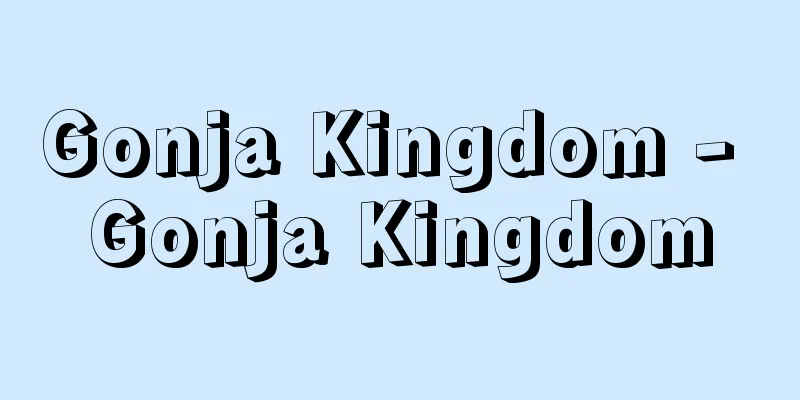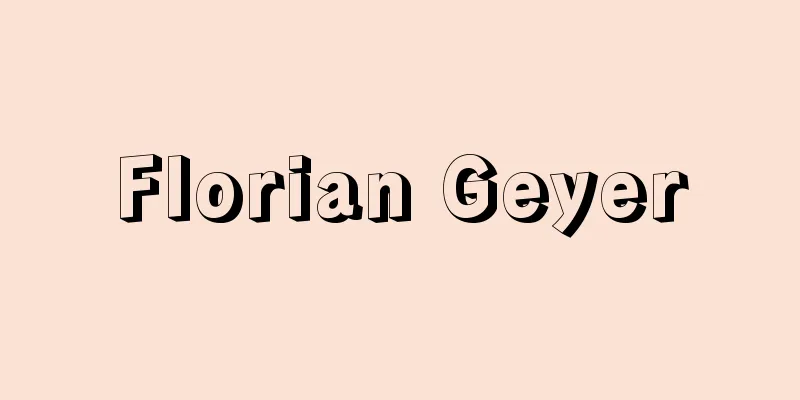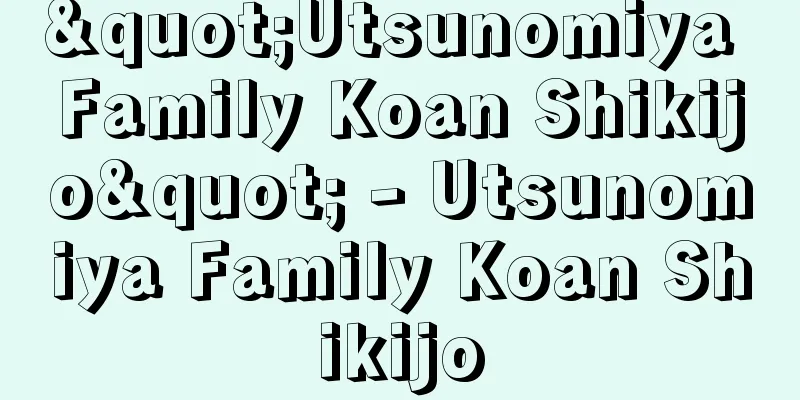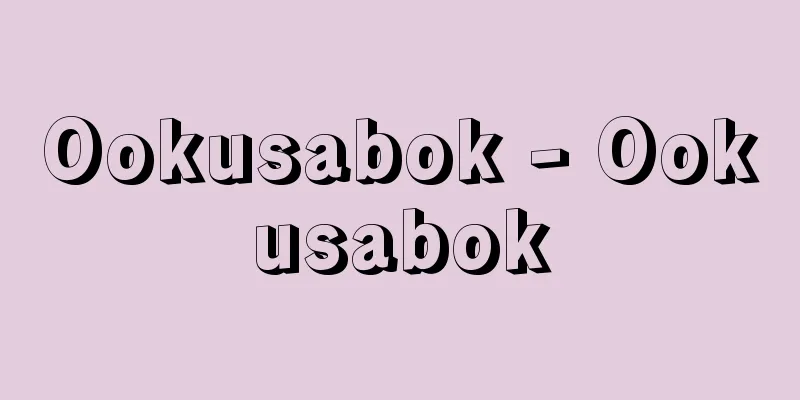Pearl Harbor attack
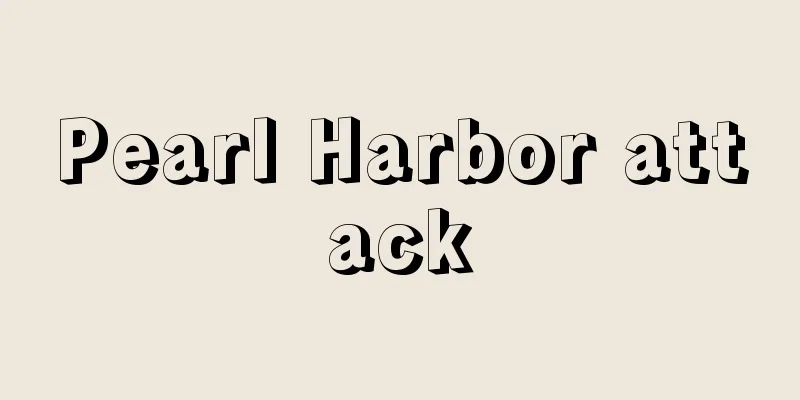
|
In the early hours of December 8, 1941 (December 7, US time), the Japanese Navy launched a surprise attack on Pearl Harbor, Hawaii, USA. This marked the beginning of the Pacific War. On November 26, 1941, a task force consisting of six aircraft carriers, Akagi, Kaga, Hiryu, Soryu, Shokaku, and Zuikaku (Shokaku-class aircraft carriers), two battleships, two heavy cruisers, one light cruiser, nine destroyers, and a supply ship, set out from Hitokappuwan in the Kuril Islands and advanced close to Hawaii. Starting at 7:55 a.m. local time on Sunday, December 7, the force launched two surprise attacks on the US Pacific Fleet ships and airfields at Pearl Harbor with 360 torpedo bombers, level bombers, and fighter planes. Of the eight battleships at the naval base, three were sunk, one capsized, and the remaining were heavily damaged. Three light cruisers, three destroyers, and other ships were sunk or heavily damaged. Approximately 180 aircraft were set on fire, and more than 2,300 American soldiers were killed in the battle. The Japanese lost 29 aircraft and five midget submarines. The commander of the Japanese task force was Vice Admiral Chuichi Nagumo. After the attack, Japan's ultimatum to the United States was delivered to Secretary of State Cordell Hull by Ambassador to the United States Nomura Kichisaburo in Washington DC. On December 9 (December 8 in the US), President Franklin D. Roosevelt gave a declaration of war speech in Congress, calling "December 7th a day that will never be forgotten in infamy." The attack on Pearl Harbor has had a major impact on American defense strategy even today. On December 7, 1991, a ceremony was held in Hawaii to mark the 50th anniversary of the attack on Pearl Harbor, where President George H. W. Bush delivered a speech calling for permanent reconciliation between Japan and the U.S. In December 2016, Prime Minister Shinzo Abe visited the Pearl Harbor Memorial together with U.S. President Barack Obama to pay his respects to the dead. Source: Encyclopaedia Britannica Concise Encyclopedia About Encyclopaedia Britannica Concise Encyclopedia Information |
|
1941年12月8日未明(アメリカ合衆国時間 7日),日本海軍が行なったアメリカ合衆国ハワイ州の真珠湾軍港(→パールハーバー)への奇襲攻撃。これによって太平洋戦争が始まった。1941年11月26日千島列島の単冠湾(ひとかっぷわん)から出撃した『赤城』『加賀』『飛竜』『蒼竜』『翔鶴』『瑞鶴』(→翔鶴型航空母艦)の 6隻の航空母艦を中心とする戦艦 2隻,重巡洋艦 2隻,軽巡洋艦 1隻,駆逐艦 9隻,補給艦からなる機動部隊がハワイ近くまで進出。現地時間 12月7日日曜日午前7時55分から 2回にわたって 360機の雷撃機,水平爆撃機,戦闘機をもって真珠湾在泊中のアメリカ太平洋艦隊艦艇,飛行場などを奇襲した。軍港に在泊していた戦艦 8隻のうち 3隻が沈み,1隻が横転,残りは大破したほか,軽巡洋艦 3隻,駆逐艦 3隻,その他の艦艇が沈没あるいは大破した。航空機約 180機も炎上し,2300人以上のアメリカ将兵が戦死した。日本側の損害は,航空機 29機と特殊潜航艇 5隻であった。日本機動部隊の指揮官は南雲忠一中将。日本のアメリカに対する最後通牒は,攻撃が終わったのちにワシントンD.C.で野村吉三郎駐アメリカ大使によってコーデル・ハル国務長官に手交された。12月9日(アメリカ時間 8日),フランクリン・D.ルーズベルト大統領は議会で「汚辱の日として忘れられることがない 12月7日」と宣戦演説を行なった。真珠湾攻撃は,今日でもアメリカの国防戦略にきわめて大きな影響を与えている。1991年12月7日,真珠湾攻撃 50周年式典がハワイで行なわれ,ジョージ・H.W.ブッシュ大統領は日米の恒久的和解を呼びかける演説を行なった。2016年12月には安倍晋三内閣総理大臣がアメリカのバラク・オバマ大統領とともに真珠湾の追悼施設を訪れ,慰霊した。
出典 ブリタニカ国際大百科事典 小項目事典ブリタニカ国際大百科事典 小項目事典について 情報 |
<<: Cen Chun xuan (English spelling)
Recommend
Astrolabe (English spelling)
A celestial altitude measuring device developed by...
Barracks
〘noun〙 (barracks)① Temporary barracks. Especially ...
Driving piles - Uchikomikui
...The footing part can take the form of an indep...
Neutra - Richard Joseph Neutra
American architect known for his contributions to...
mawlā (English spelling) mawla
…the plural form of the Arabic word mawlā. In the...
1 byte code
…ASCII code is composed of 32 control characters,...
Akamanuma Pond
...The hilly Boso Peninsula and Miura Peninsula a...
Eisenstein
Russian film director. Born in Latvia. He had a ma...
Feijoada
A Brazilian dish. It originated from the colonial ...
Mount Futatabi - Mount Futatabi
This mountain is in the Rokko Mountains, located ...
Tanegashima Tokitaka
A military commander during the Sengoku period. H...
Urban, M. (English spelling) UrbanM
…Prague, the capital of Czechoslovakia (now the c...
Nolana prostrata (English spelling)
… [Mitsuru Hotta]... *Some of the terminology exp...
Green stink bug - Aokusakamemushi (English spelling) green stink bug
It is an insect of the Hemiptera class of Insecta...
MacGahan, JA
...American diplomat and Central Asian explorer. ...
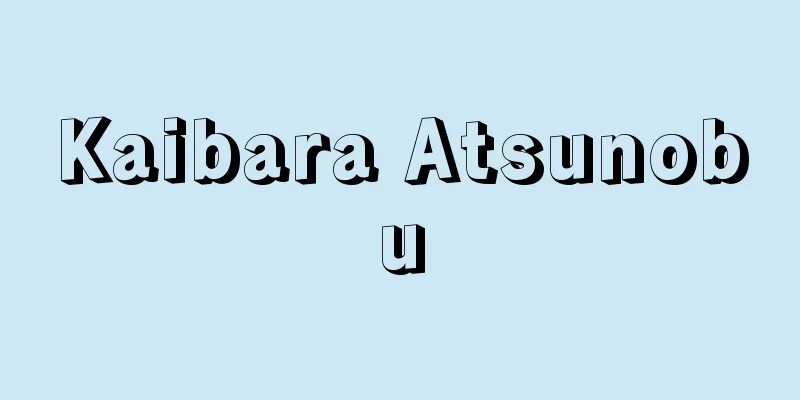
![Kara [River] - From](/upload/images/67d021770fc09.webp)
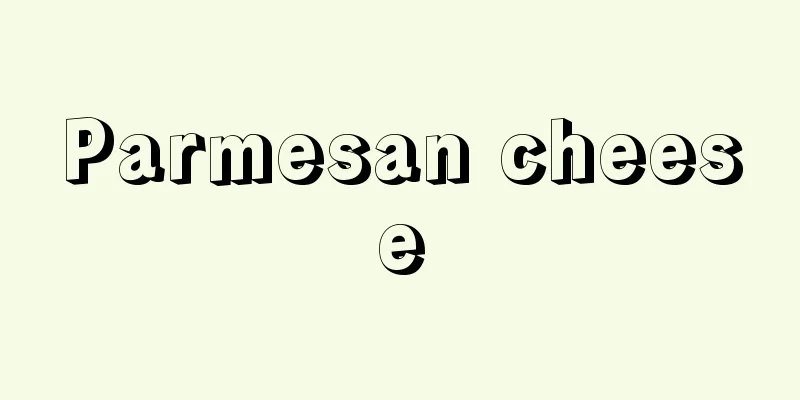
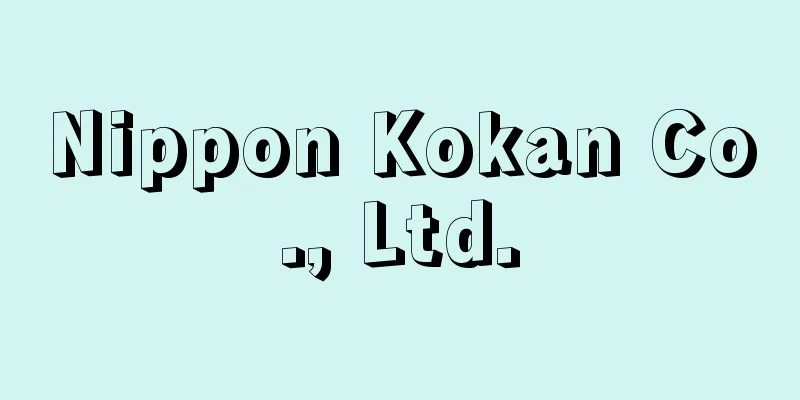
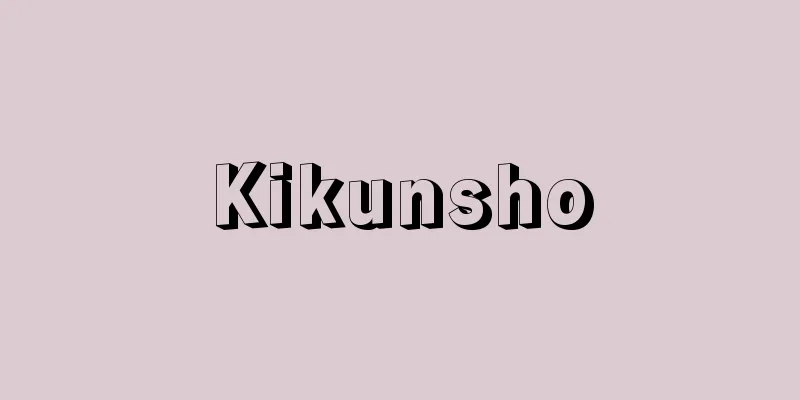
![Omaezaki [town] - Omaezaki](/upload/images/67cb226dcb516.webp)
